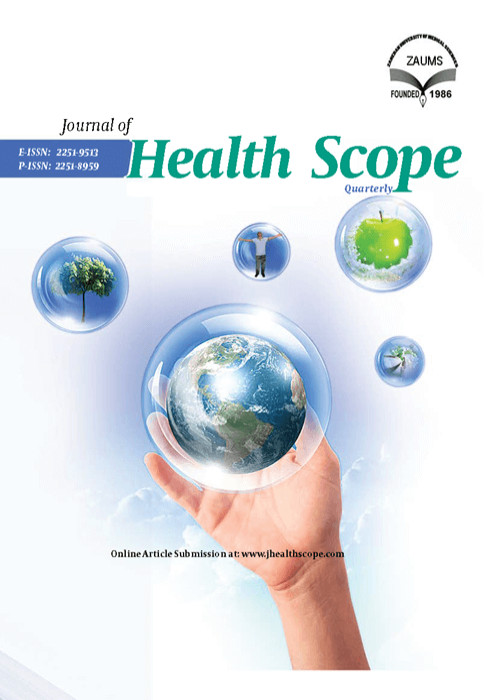Stakeholders Analysis of Health Insurance Benefit Package Policy in Iran
Author(s):
Article Type:
Research/Original Article (دارای رتبه معتبر)
Abstract:
Background
Formulation of cost efficiency of health insurance benefit package requires an evidence-based policy making, with efficient management of stakeholders, therefore, identifying the stakeholders and considering their characteristics and interests and also the position and power of the main actors involved in policies seems to be necessary. For this purpose, this study aimed at analyzing the stakeholders of health insurance benefit package in Iran to specify their position in the assessed policy.Methods
This was done on a qualitative basis during years 2015 and 2016. Data was collected from semi-structured interviews, document analysis, and participation in decision-making meetings of the Supreme Council of Health Insurance, to identify the stakeholders, and their power, situation, interests, opportunities, and challenges. The data was analyzed with the content analysis approach using the MAXQDA software.Results
Overall, 23 stakeholders were identified and categorized in 6 groups, including policy makers, service providers, payers, suppliers of medicines and equipment, service recipients, and others. Sixteen stakeholders were at the national level, 3 stakeholders of regional, and 4 stakeholders of local level, however most stakeholders were owned by the public sector. Furthermore, 78% of stakeholders supported the policies of health insurance benefit package, and 48% had moderate power. Stakeholders had different interests and various opportunities and challenges to health insurance benefit package.Conclusions
The findings show that multiple stakeholders directly and indirectly affect the formulation and implementation of HIBP policies. Meanwhile, the members of supreme council of health insurance, legally being authorized to apply for entry of service and drug into the HIBP, have the most important role in decision making related to HIBP. Establishment of a systematic approach, considering the role of all stakeholders and alignment of their interests leads to a positive outcome of the stakeholders power and finally effective formulation and implementation of policies, and facilitates the ultimate goal of this policy, which promotes public health. Language:
English
Published:
Journal of Health Scope, Volume:7 Issue: 2, May 2018
Page:
8
magiran.com/p1844351
دانلود و مطالعه متن این مقاله با یکی از روشهای زیر امکان پذیر است:
اشتراک شخصی
با عضویت و پرداخت آنلاین حق اشتراک یکساله به مبلغ 1,390,000ريال میتوانید 70 عنوان مطلب دانلود کنید!
اشتراک سازمانی
به کتابخانه دانشگاه یا محل کار خود پیشنهاد کنید تا اشتراک سازمانی این پایگاه را برای دسترسی نامحدود همه کاربران به متن مطالب تهیه نمایند!
توجه!
- حق عضویت دریافتی صرف حمایت از نشریات عضو و نگهداری، تکمیل و توسعه مگیران میشود.
- پرداخت حق اشتراک و دانلود مقالات اجازه بازنشر آن در سایر رسانههای چاپی و دیجیتال را به کاربر نمیدهد.
دسترسی سراسری کاربران دانشگاه پیام نور!
اعضای هیئت علمی و دانشجویان دانشگاه پیام نور در سراسر کشور، در صورت ثبت نام با ایمیل دانشگاهی، تا پایان فروردین ماه 1403 به مقالات سایت دسترسی خواهند داشت!
In order to view content subscription is required
Personal subscription
Subscribe magiran.com for 70 € euros via PayPal and download 70 articles during a year.
Organization subscription
Please contact us to subscribe your university or library for unlimited access!



